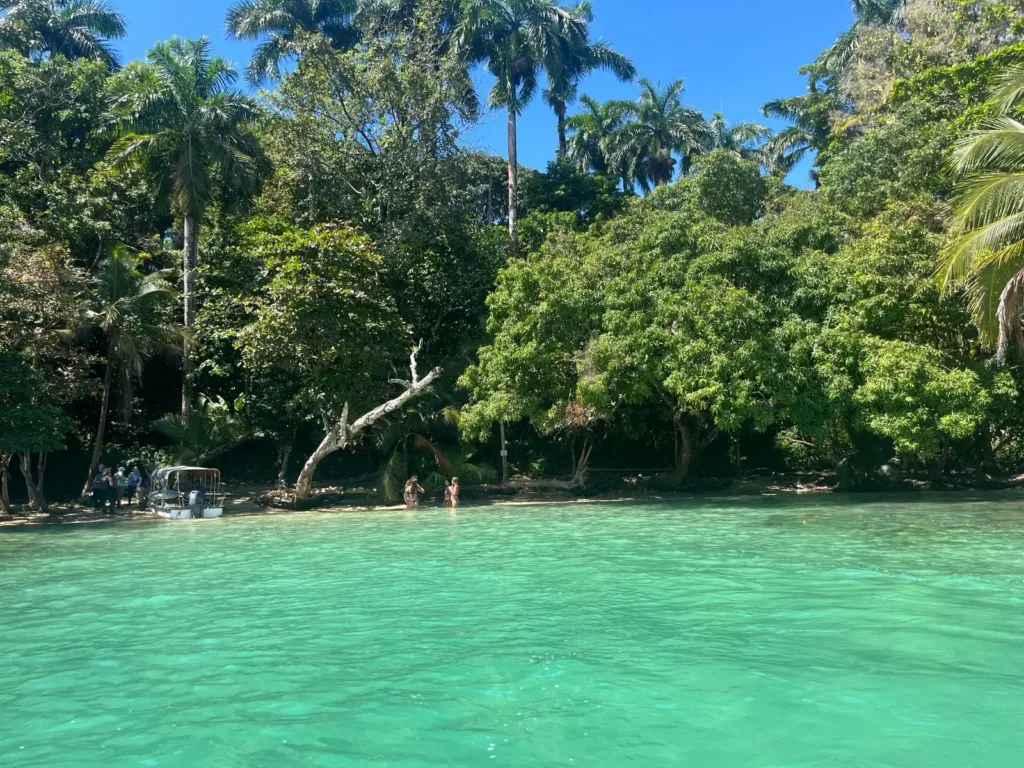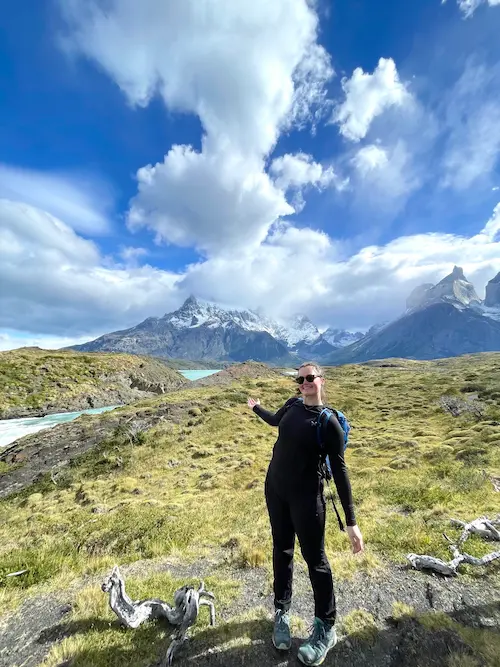
By: Vishva Nalamalapu
Unpacking Human-Wildlife Conflict
Unpacking Human-Wildlife Conflict in the Amboseli Tsavo Ecosystem, Kenya
Human-Wildlife Conflict (HWC) is undoubtedly one of the most problematic issues in and around conservation areas in Africa. One of the activities that students undertook this semester was to interview Maasai people who are on the frontlines of HWC in the Amboseli Tsavo Ecosystem. This ecosystem is a world-renowned conservation area, especially because of its charismatic megafauna, which are celebrated globally – and rightfully so. What does not always get global attention are the struggles of communities that that have to share landscapes with these species. The goal of this exercise was to get students to engage deeply with this issue through listening to the voices, stories, and narratives of people, who have to navigate their livelihoods and survival along wildlife in a changing and complex landscape.
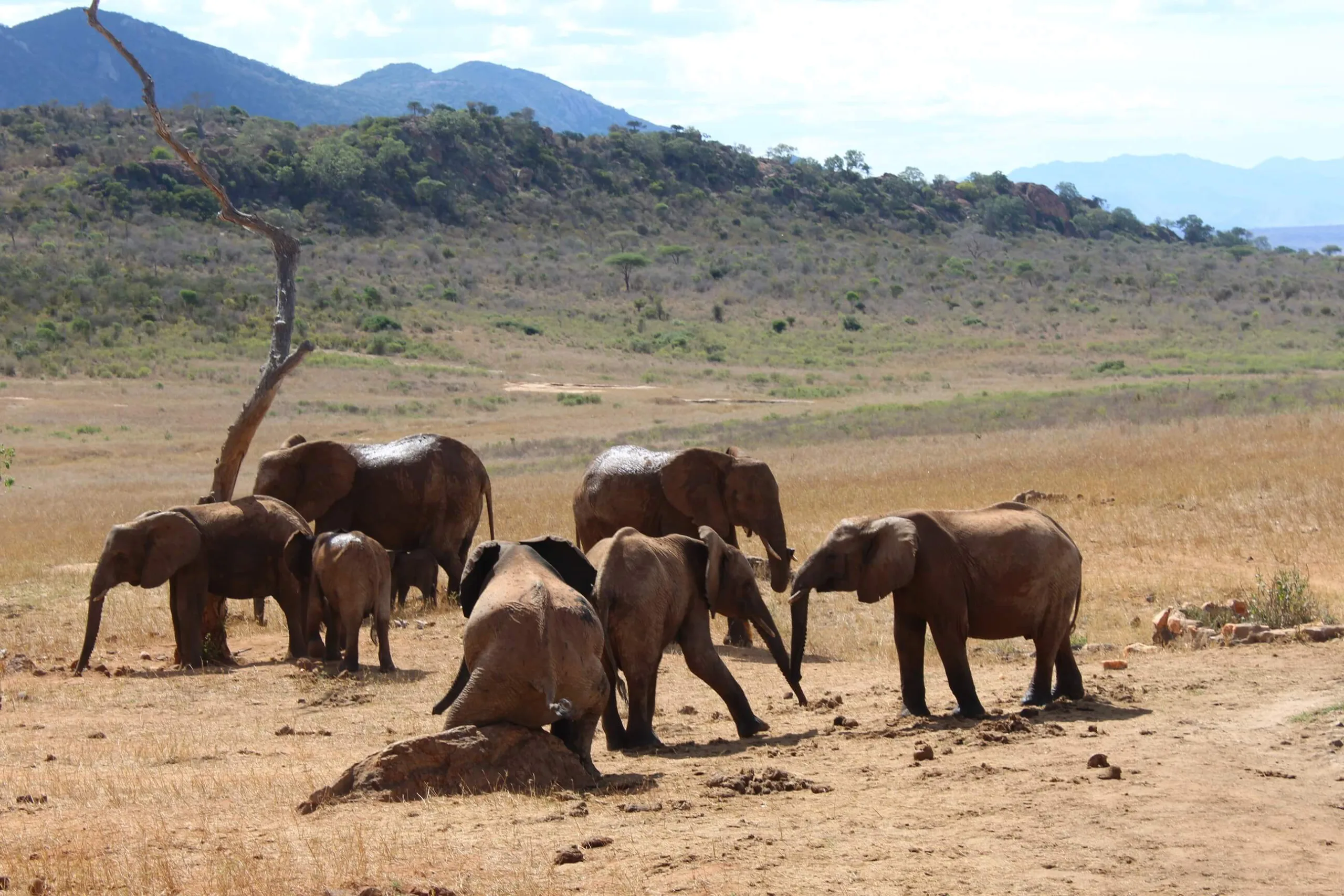
Elephants in Tsavo National Park
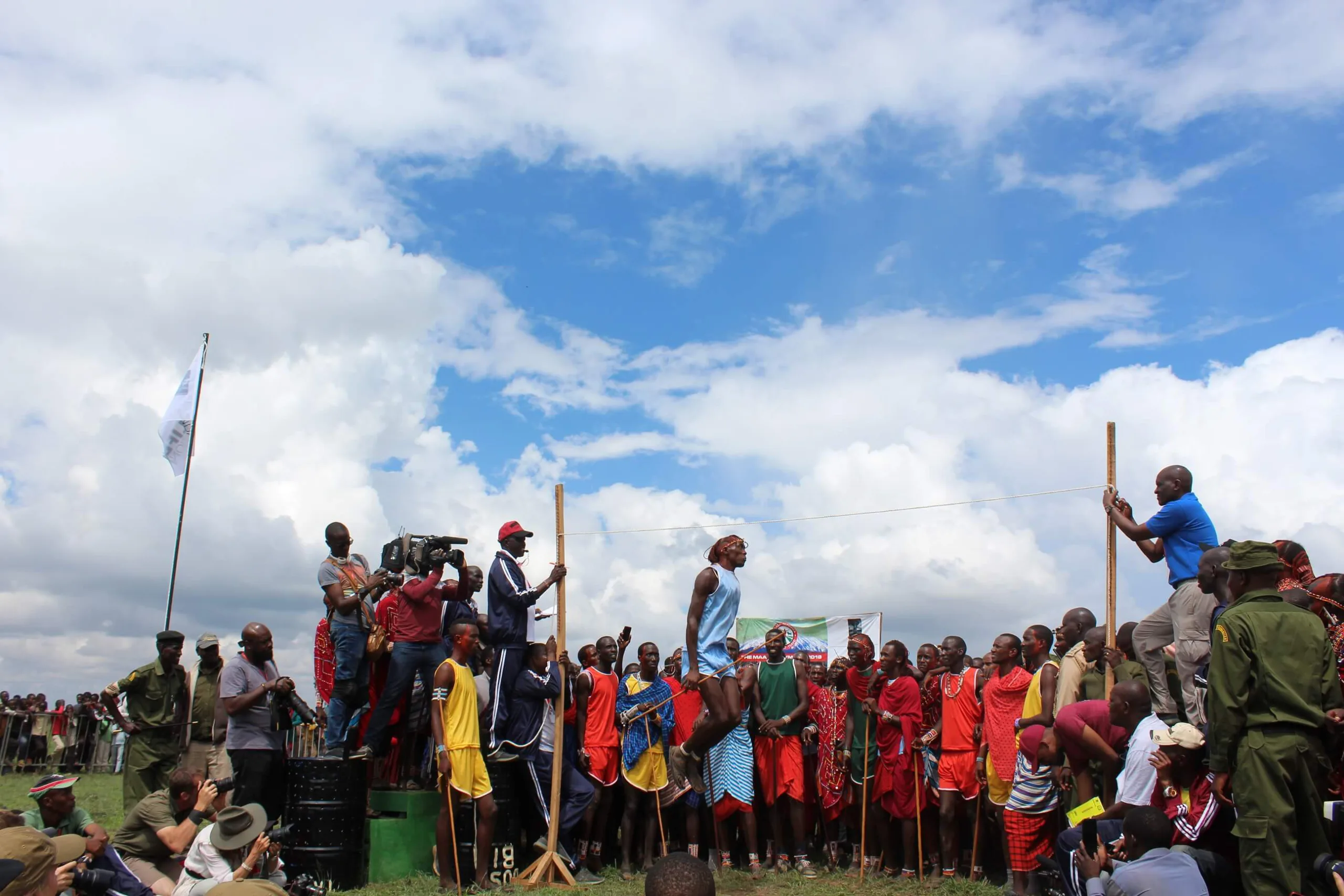
A Maasai ‘olympics’ event
In addition to analyzing data obtained through this process, I encourage students to journal about their experiences in what we refer to as ‘reflexivity pieces’. These challenge the students to humanize the research participants, and to interrogate their own belief systems regarding the issue under investigation. I will now share some of their reflections below:
Before the start of this semester I was shocked by the Maasai community’s response to wildlife, but as we continue to survey the locals, I began to reevaluate my morals concerning wildlife. I used to think that it was our duty to protect wildlife and people who harm these species should be punished. Animals, especially elephants, are beloved everywhere in the United States, but they cause havoc to the surrounding communities. Our method of punishing the people who harm wildlife devalues the community when nothing is done to protect them from these “sacred” animals. – Annie Afranie
Listening to the stories of community members about how their lives were personally impacted by wildlife caused me to reflect on how different my experiences are. For instance, there was one woman who lost all her crops to elephants and nearly could not afford to send her son to school, and locals who were killed by wildlife. – Nicole Dobrosky
I don’t know why, but I guess I expected larger amounts of uniformity on the community’s attitude toward wildlife because this area and Kenya in general is a place where identity is found within the tribe… I am learning more and more that of course people have differing opinions from others and often it is the personal experience that will affect one’s attitudes, not their tribe of origin. I really like this because it helps me to see that evaluating things for oneself is very important and valued – it has been a large part of my personal development and I love seeing such similar connections even across continents and oceans. – Conner McCarthy
I love the depth of thought in these quotes because I see that students are reflecting on a very protracted, and often emotive issue in a sincere and analytical manner. I believe that it is through these kinds of engagements that we can all work towards a conservation practice of care and compassion.
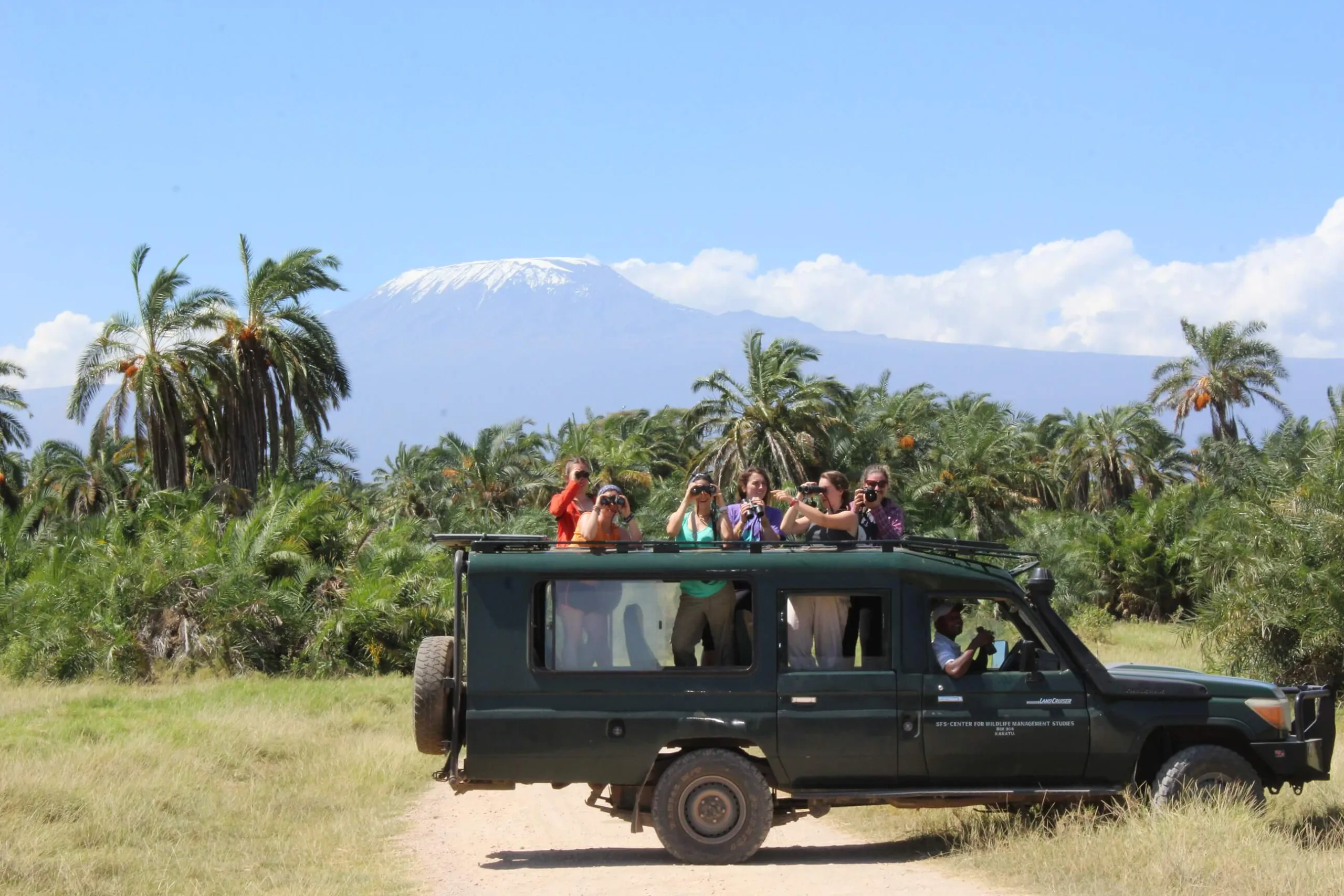
SFS students on an expedition in Amboseli National Park
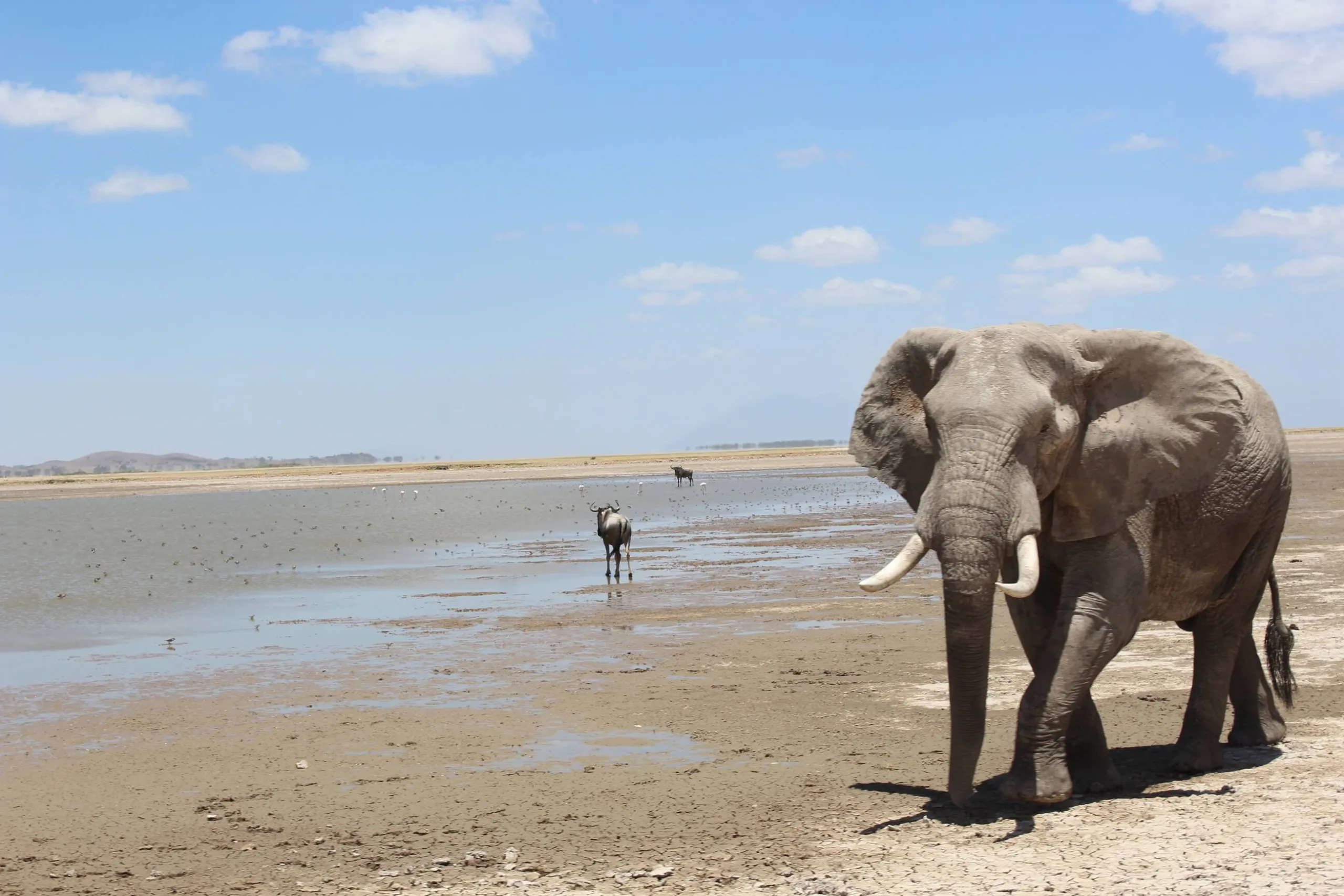
An elephant in Amboseli National Park
Related Posts

